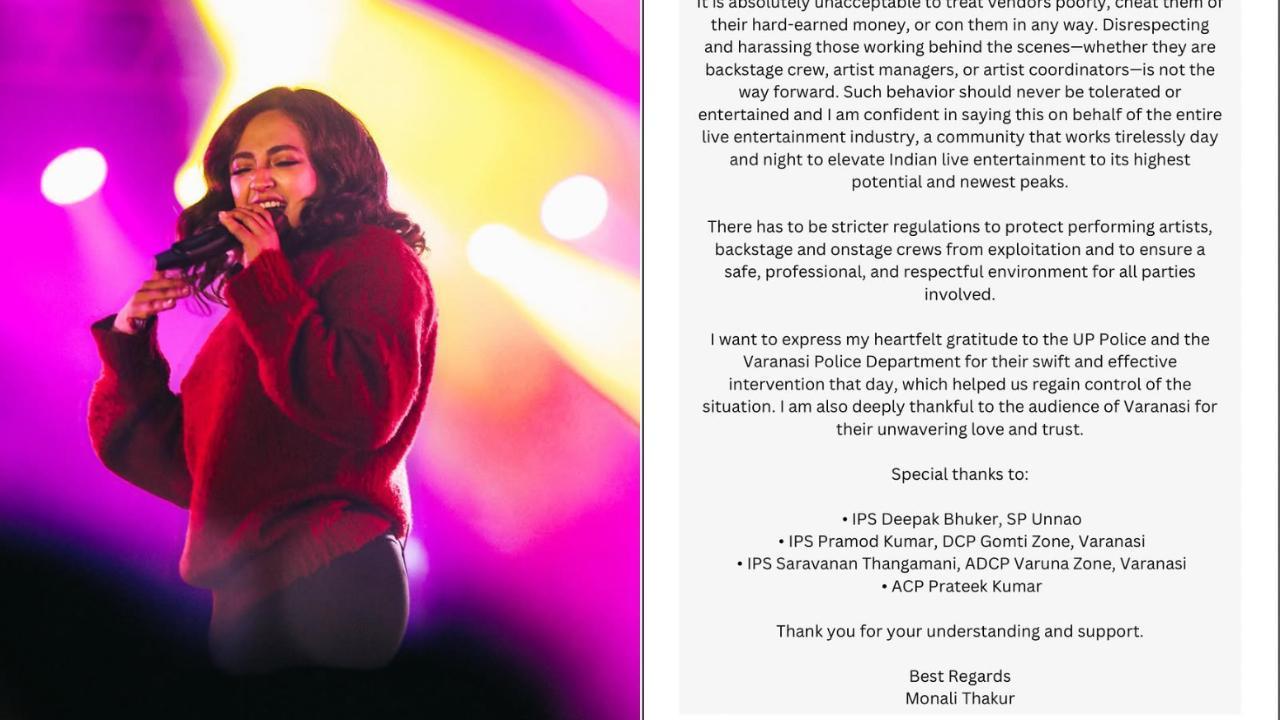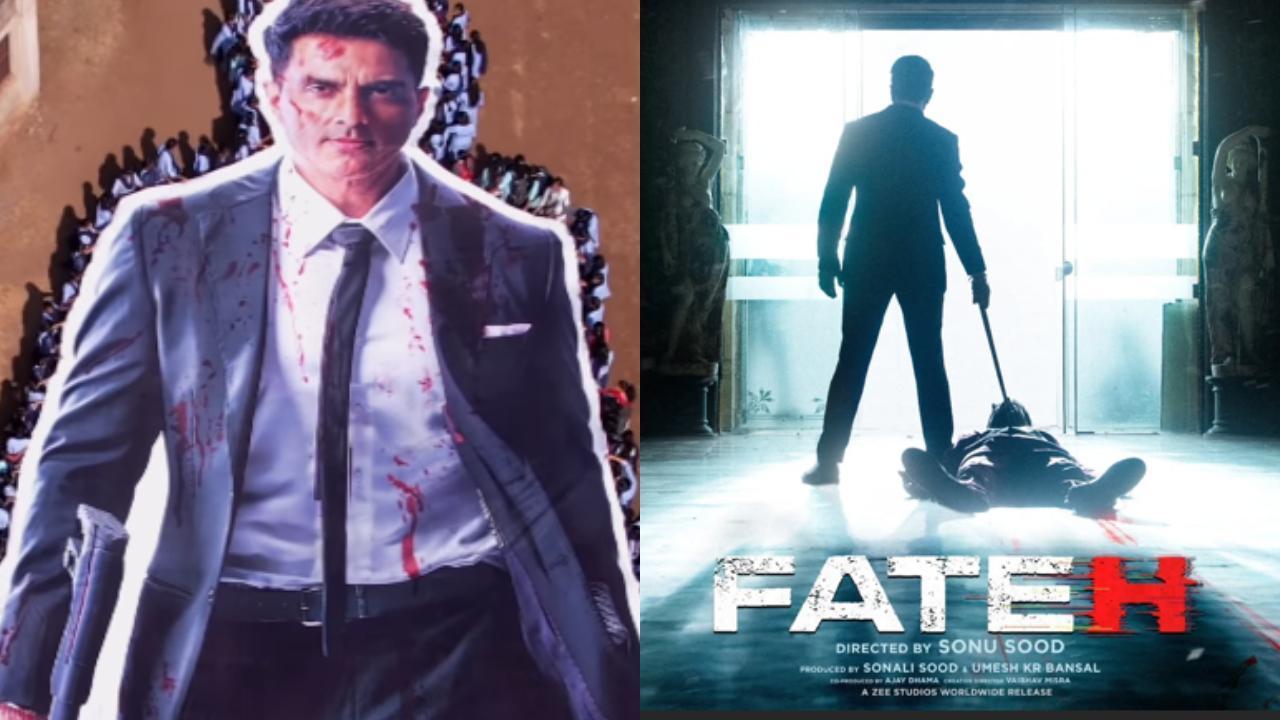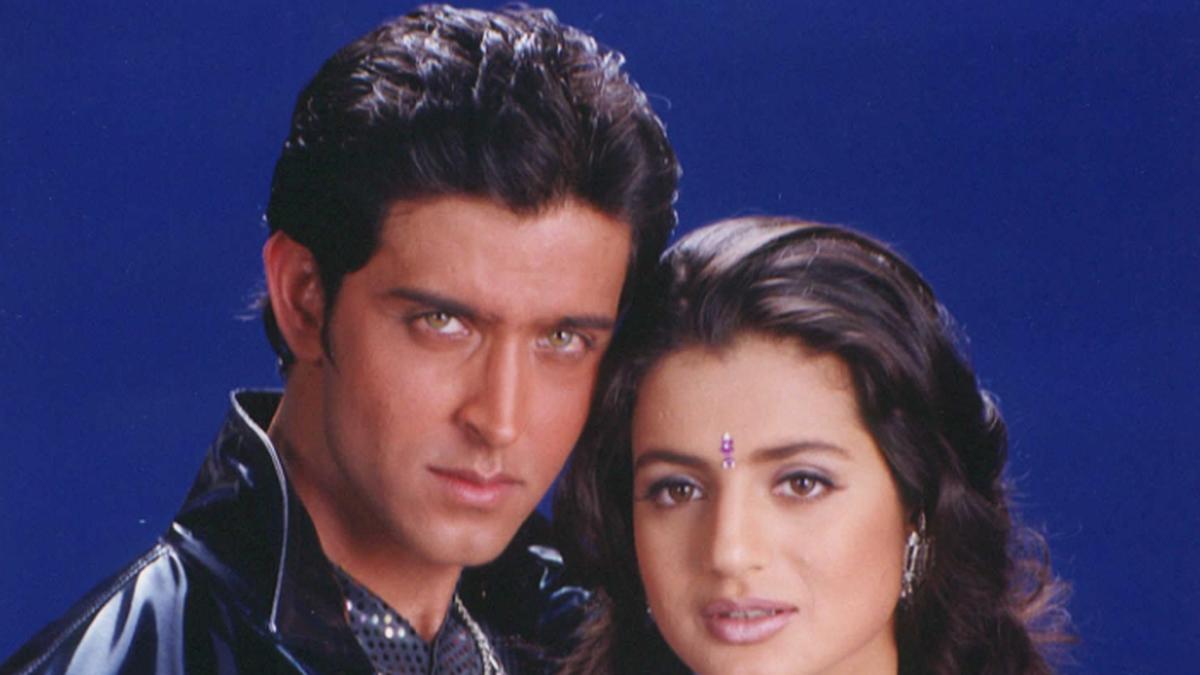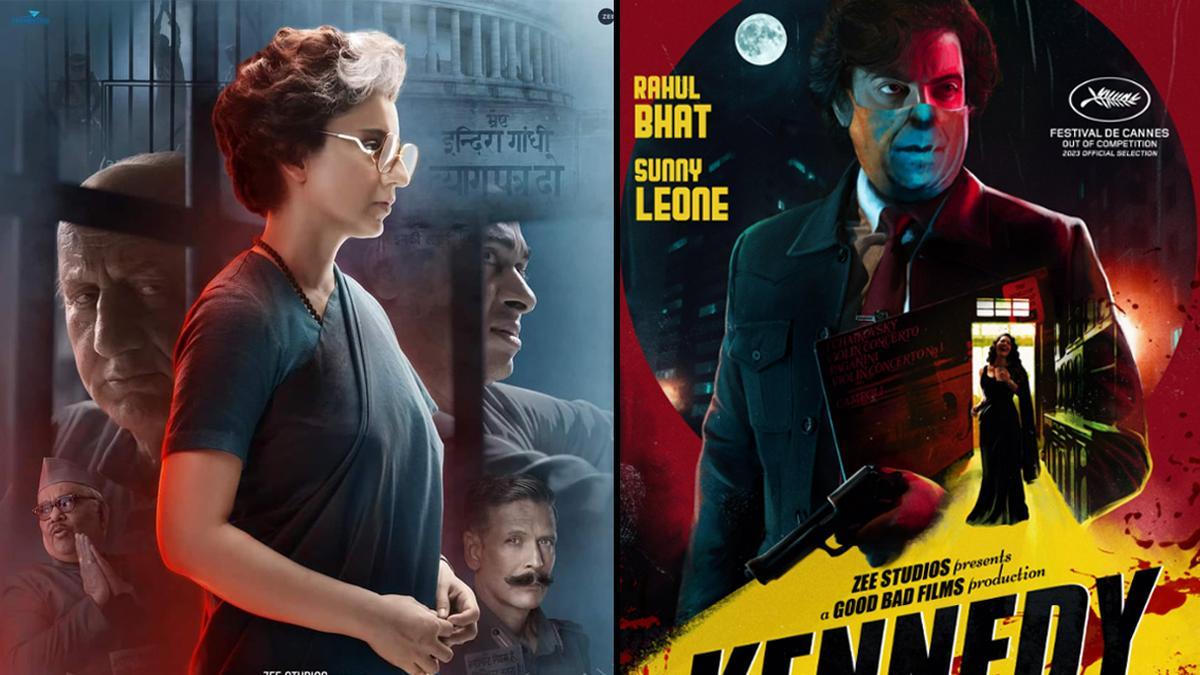
As the Mumbai Indians dive into the 2024 edition of the IPL, their newly minted captain, Hardik Pandya, confronts a plethora of challenges, not least of which include his personal form and decision-making as the team’s leader. Pandya’s foray into captaincy has been marred by tactical blunders and a lackluster personal performance—both with the bat and ball. Nevertheless, the last match hinted at a potential revival of Pandya’s well-known prowess in the T20 arena. Despite this, a concerning pattern has emerged throughout the three games played by Mumbai Indians so far: Hardik Pandya has been greeted with contempt by the audience, be it in Ahmedabad, Hyderabad, or Mumbai, cities wherein every appearance has been met with hostility and boos.
This trend persevered on Monday at the Wankhede Stadium, despite the five-time champions playing at their home ground. While admiration for Rohit Sharma, the former captain, continued as fervently as ever, the crowd seemed to reserve boos specifically for Pandya. At the toss, Sanjay Manjrekar, the presenter, found himself compelled to ask the crowd to exercise restraint as the boos resounded at the mere mention of Hardik’s name.
Ex-India head coach and cricket commentator Ravi Shastri offered a voice of reason amidst the tumult of jeers. Speaking with Star Sports, he made an empathetic plea to Mumbai Indian fans, reminding them of the human element at play. Shastri highlighted the team’s past laurels and urged patience, saying “You have supported the team over the years. In just 2-3 matches, they won’t be a bad team. They are 5-time champions, after all, they have a new captain. Just be patient, you know the bloke you’re getting after is a human being like you. At the end of the day, he has to sleep in the night. So just think about it, be calm.” Shastri’s words were meant to channel the fan’s passion into support rather than scorn for their struggling captain.
Further, Shastri imparted advice directly to Hardik, guiding him to disregard the external criticism and fixate on his own game. “My thing to Hardik would be ‘calm, patient, ignore and then just focus on your game’. You get a couple of performances going… they are a terrific side, if they win 3-4 matches, everything will subside. You will, things will change,” advised Shastri.
In sport, public perception can be as volatile as the game itself. This phenomenon was evident in Mumbai: the very crowd that had booed Hardik before the start of the game rallied behind him when he and Tilak Varma were the sole batsmen to make a substantial score after the Rajasthan Royals decimated their top order. This instance served as a vivid illustration of how quickly the tide of public opinion can turn—for better or worse.
The situation with Pandya points to a larger narrative in sports, where the pedestal of captaincy often doubles as a public pillory. Shastri’s call to the fans is an important reminder of the intense pressures athletes face and the effects public sentiment can have on their performance and mental well-being. For Hardik Pandya, the coming games will be critical not only for proving his mettle as a player but also for cementing his leadership and winning back the affections of the Mumbai Indian fanbase. The road ahead for Hardik and his team is fraught with challenges, but as history has shown, it is in overcoming these trials that legends are forged and glory is won.










